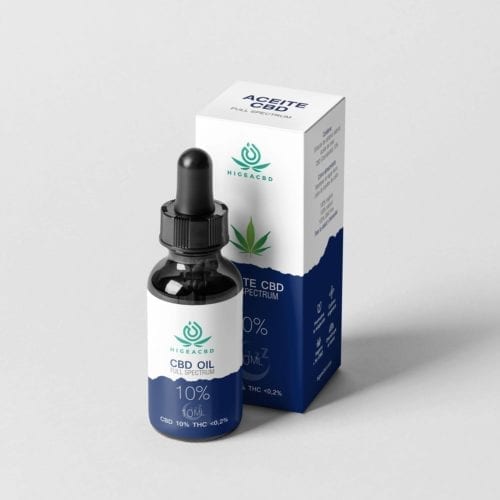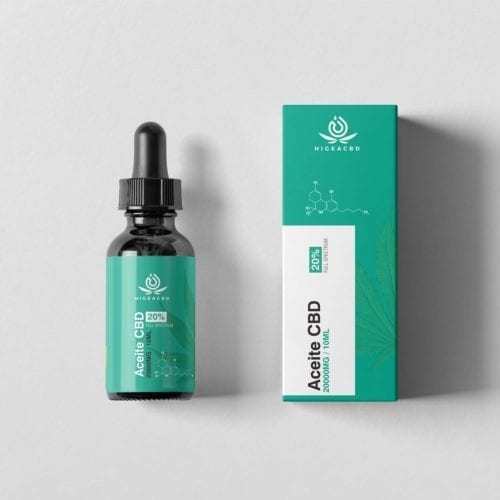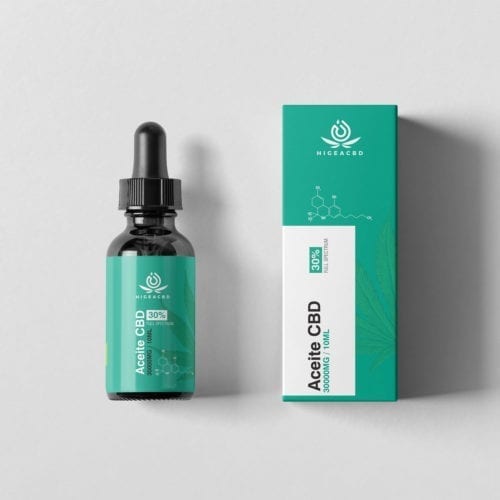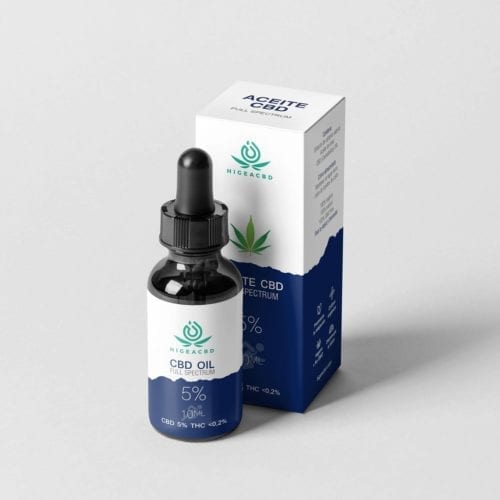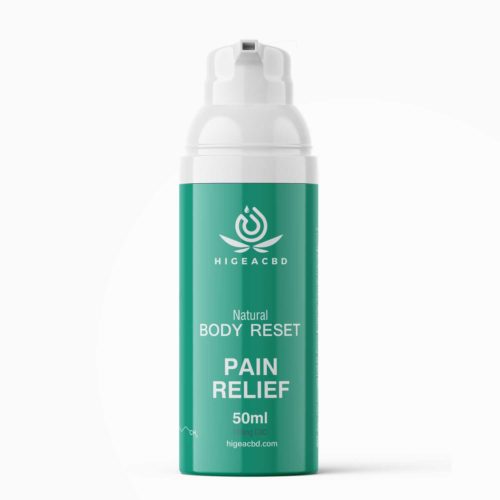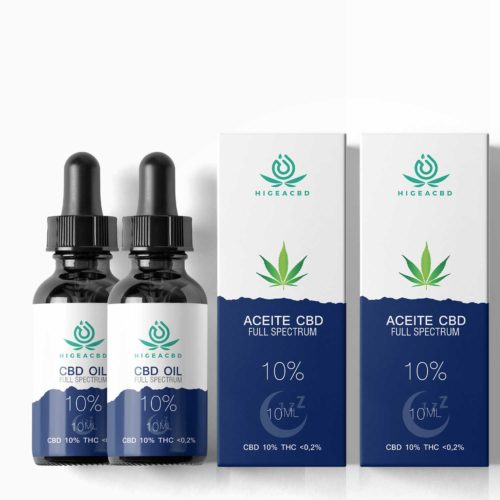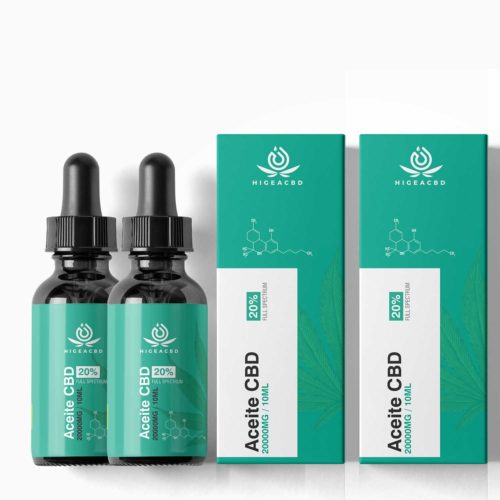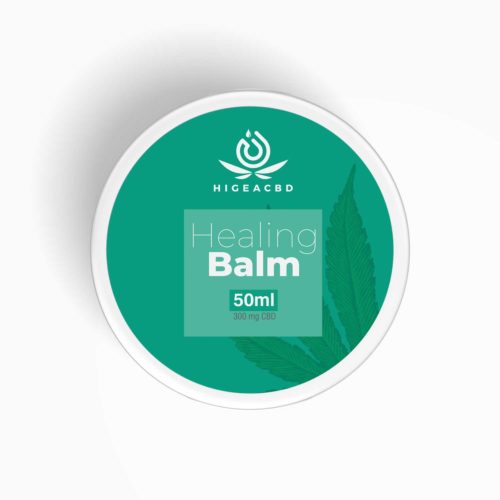Adenosine and caffeine
If you are a coffee lover and have never heard of adenosine before, this information is for you. Adenosine and caffeine are related in a way that not many people are aware of.
You may be aware that it has something to do with the way coffee makes you feel more alert. However, there is something you don’t know that will surely shock you. Here we look at what adenosine is, how it interacts with coffee and how it affects sleep quality.
Showing 1–8 of 25 results
-
Sale!
Aceite Higea CBD 10%
29,95€ Add to cart -
Sale!
Hygea CBD Oil 20%.
49,90€ Add to cart -
Hygea CBD oil 30%.
89,95€ Add to cart -
Sale!
Aceite Higea CBD 5%
19,95€ Add to cart -
Higea CBD muscle pain cream 50 ml
21,95€ Add to cart -
Basic Pack
47,41€ Add to cart -
Medium pack
94,81€ Add to cart -
Sale!
Healing Balm Hygea CBD
19,95€ Add to cart
What you should know about adenosine and caffeine
Adenosine is one of the most potent chemicals in our body, involved with the process of digestion. The glucose in our food is broken down in glycolysis during digestion. In turn, glycolysis is subsequently broken down into adenosine triphosphate (ATP).
It is responsible for transferring energy through the cells. When adenosine triphosphate is used up, it is broken down back into adenosine. Adenosine interacts with certain cell receptors as it accumulates in the bloodstream, reducing brain activity and inducing drowsiness.
What exactly does this imply? Basically adenosine tells the body to go to sleep when it runs out of fuel in the form of easily digestible glucose from the food we eat. This effectively instructs us to go to bed and recharge our batteries.
It is a crucial chain reaction that initiates non-REM sleep in the early stages and is crucial to the natural sleep cycle.
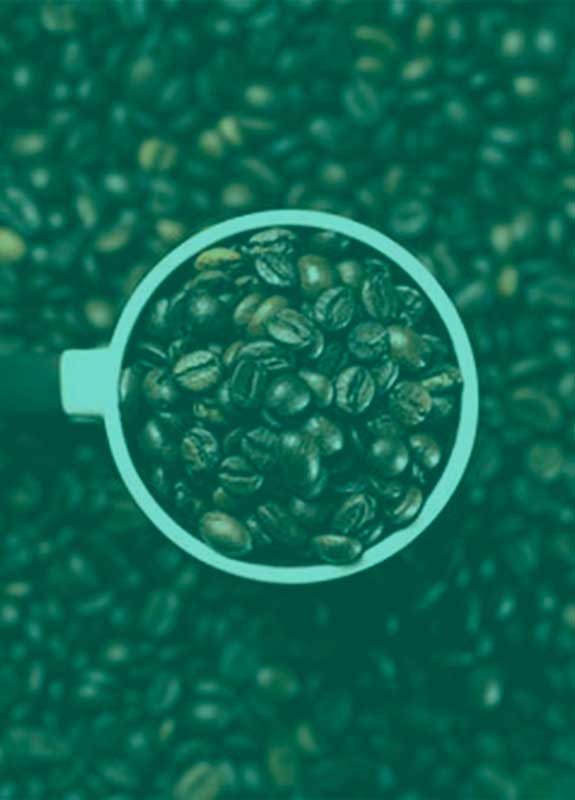
Caffeine and adenosine: How do they affect sleep?
Let’s talk now about the relationship between adenosine and caffeine. The first thing to note is that caffeine is an adenosine receptor blocker. It works by binding to the same receptors that adenosine would normally bind to. As a result, it prevents the drowsiness that occurs when adenosine levels in the body increase.
Caffeine, which can be found in beverages such as coffee and even some foods, promotes alertness and wakefulness. That’s why people wonder if coffee is a drug. Adenosine re-enters once the caffeine wears off, resulting in decreased neuronal activity in the brain and drowsiness.
Because many people suffer from grogginess after sleeping, the desire to have that cup of coffee every morning is common. This grogginess may be due to an excessive buildup of adenosine levels during waking hours, which does not fully diminish during the normal sleep cycle.
The amount of caffeine ingested during the day influences the accumulation of adenosine in the body. The body accumulates an excessive amount of adenosine when you drink caffeine-rich beverages. During sleep, this excess is often not completely drained from the body.
As a result, excess adenosine contributes to the grogginess that many people experience in the morning. People are tempted to consume more caffeine as a result of this feeling. It’s a cycle that repeats itself and becomes a vicious cycle that leads to lack of sleep and exhaustion throughout the day.
Adenosine makes you feel sleepy
Adenosine is the key player in this scenario. Adenosine functions as a key that unlocks a series of locks in the brain. These blocks are receivers. When adenosine, which is the key, binds to a certain receptor (the lock) in the brain, it has a different effect.
Because your brain has so many different receptors, each one has a different effect. In this case it’s the A1 receptor that we’re interested in. Adenosine increases muscle relaxation and drowsiness after it binds to the A1 receptor, which is why people get sleepy as the day goes on.
In addition, adenosine has the ability to connect to the A2A receptor. Therefore, when it binds to the receptor, it prevents the release of dopamine and other mood-enhancing neurotransmitters. Physical work and vigorous use of the brain are the main sources of adenosine. As a result, your body accumulates adenosine throughout the day.
Considering all of the above, it is valid to point out that one of the best known sleep regulating chemicals is precisely adenosine. It is found in your central nervous system and, among other things, helps you fall asleep as the hours go by.
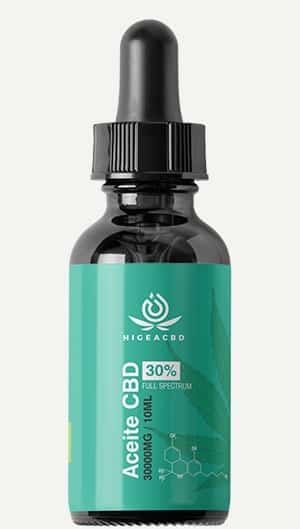
What effect does caffeine have on your brain?
If you’re wondering what caffeine is, we’ll tell you that the caffeine molecule is the most widely used psychoactive substance on the planet. This is because caffeine has mood-boosting properties. Despite its widespread use, few people know how caffeine affects the body. However, it’s important to know more about how caffeine works in your body after it enters your brain.
It all starts when your body processes adenosine molecules the moment you first wake up. You’re a little groggy, but you’re starting to wake up. As we know, caffeine is most commonly consumed in beverage form. Within an hour, it is absorbed in the small intestine and is available throughout the bloodstream and most of the body, including the brain. When caffeine enters your brain, it begins to compete directly with adenosine.
Caffeine concentrations in the blood tend to peak within two hours. This implies that caffeine concentrations in the brain are also at their highest. At this point caffeine competes with adenosine in your brain, preventing it from binding to A1 receptors. This is what makes you feel awake with a jolt.
To be more specific, caffeine does not bind to the A1 receptor. It’s more like something that gets in the way and takes up space in the lock than anything that actually opens it. It also blocks the A2A receptor, which aids in the release of dopamine and glutamate, which makes you feel good after a cup of coffee.

Caffeine levels decrease
Caffeine molecules will eventually unbind from adenosine receptors, as all molecules generally do. What happens next is that the CYP1A1/2 enzymes convert most of the caffeine into araxanthin, theobromine and theophylline, among other things.
The half-life of caffeine, the time it takes for the concentration of a substance to be reduced by half, in the body varies from three to ten hours depending on the amount of CYP1A1 in the bloodstream, which varies from person to person.
Most of the caffeine in the morning cup of coffee has been metabolized by early evening. Because there are fewer caffeine molecules at the A1 receptors, adenosine begins to bind to them. This begins to promote muscle relaxation and drowsiness, so you begin to feel drowsy.
The adenosine molecules are then digested when you go to sleep and your body begins to recover. However, one of the concerns of sleep deprivation is the increase in adenosine molecules, which is why sleep is so crucial. This brings us back to the “Before Caffeine” phase.
Of course, if you want to avoid fatigue, you can consume a larger amount of caffeine in one sitting or several times during the day. However, this is not a recommended approach in the long term.
How much caffeine is considered too much?
How safe caffeine is is subjective; it all depends on the dosage, as well as your overall health. Some people can drink several cups of coffee a day without experiencing abnormally high blood pressure, sleep disruptions, headaches, irritability or nervousness.
However, there are also those who cannot drink a cup of coffee without experiencing abnormally high blood pressure, sleep disruptions, headaches, irritability or nervousness.
On the other hand, caffeine withdrawal symptoms include yawning, drowsiness, fatigue, decreased motivation to work, decreased concentration, as well as impaired cognitive performance. Flu-like symptoms and muscle stiffness are also experienced in many cases.
Healthy adults:
Caffeine consumption up to 400 mg/day presents no general health risk for healthy people. This is according to the European Food Safety Agency, the U.S. National Academies of Sciences, and Health Canada. While they can consume a little more, most healthy people should only ingest 400 mg of caffeine per day to avoid experiencing significant side effects.
Furthermore, the European Food Agency itself states that taking up to 200 mg of caffeine at a time is safe for most people, even if taken “less than two hours before intense physical exercise”. However, they warn that taking 100 mg of caffeine close to bedtime can affect sleep quality.
Keep in mind that caffeine has a half-life of 5 hours, although it varies greatly from person to person. This means that if you drank coffee in the last 10 hours, you probably still have caffeine in your blood.
Pregnant and breastfeeding women:
The European Food Safety Authority also recommends that women who are breastfeeding, pregnant or planning to become pregnant limit their caffeine intake to 200 mg per day.
Other studies have found that 300 mg per day is safe. However, this may be borderline, as drinking more caffeine increases the risk of nausea and, worse, miscarriage.
Given the paucity of randomised controlled trials in pregnant or breastfeeding women, it is best to take things with caution. This is particularly true considering that the half-life of caffeine increases from 3 hours for non-pregnant women to 10.5 hours during the last four weeks of pregnancy.
In other words, it takes much longer for your body to get rid of the caffeine you consume during pregnancy. Some of the caffeine you consume in the morning is combined with the caffeine you consume after lunch. Therefore, you could end up with a much higher dose of caffeine in your body.

In children and adolescents
Caffeine intake for children and adolescents is now considered safe as long as 2.5 to 3 mg/kg per day is consumed. However, it is important to clarify that these figures are based primarily on studies of adults. This has prompted multiple organizations to call for more research in this area. For the time being, it is recommended that caffeine intake in children be limited until more data are available.
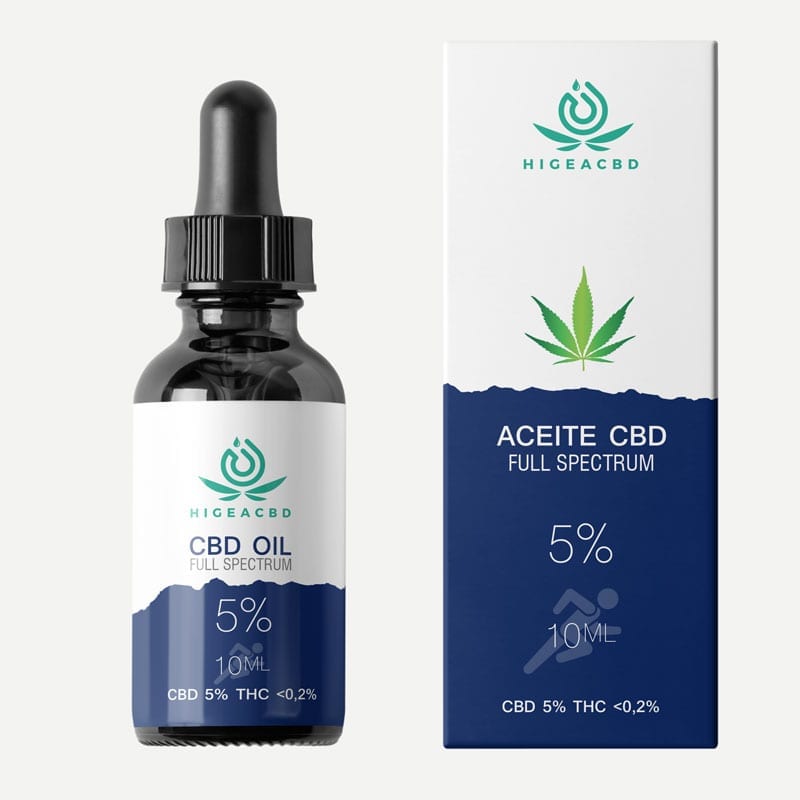
Tips to improve sleep
We have seen how adenosine and caffeine affect sleep quality. That’s why it’s essential to know what you can do to sleep better. Here are some tips to help you fall asleep and sleep peacefully.
- Light. Even a small amount of light can keep you from sleeping well. So be sure to limit the amount of light in your bedroom at bedtime.
- Noise. If you can’t silence your room, use earplugs. You can also play white sounds or soothing music to mask irritating noise.
- Alcohol. Do not use alcohol as a means to sleep. While it may help you relax, it will ultimately affect your quality of sleep.
- Caffeine. Even if it doesn’t prevent you from sleeping, caffeine consumption can affect the quality of your sleep. Therefore, be sure not to consume caffeine six hours before bedtime.
- Exercise. If you exercise during the day, you’ll sleep better at night. While it’s not a bad thing to exercise in the evening, in some people it can disrupt the heart rhythm.
- Heat. Ambient heat and embarrassment can delay the sleep cycle and affect the quality of sleep. Ideally, you should sleep in a cool, comfortable room to experience the deepest stages of sleep.
Related articles
CBD and contraceptives
CBD and contraceptives. We explain what they are, and which are the most common pregnancy prevention methods Enter!
Tantric exercises to improve your sexuality
Tantra is a complex and ancient practice with a wide range of techniques. Can be used to enhance sexual experiences
Gifts for people with anxiety
When it comes to selecting gifts for people with anxiety, it is important to keep in mind that everyone's experiences and coping mechanisms are different. However, in this article we share with you some gift ideas that can be beneficial for people with anxiety.What...
CBD for studying
Did you know that you can use CBD to study and improve your academic performance? Enter to find out how CBD helps you study better!
Is CBD oil safe during pregnancy and breastfeeding?
Pregnancy and breastfeeding are very delicate times for the health of mother and baby, so many substances are not compatible with the process. If this is your case and you are not sure about the effects that CBD oil can have on your body, you should know this...
What is Bisabolol, and what are its benefits?
Bisabolol, a cannabinoid that despite being little known, is known to have enormous medicinal potential Enter now!
Subscribe to our newsletter
Subscribe and receive a 10% discount on your purchase.
Store
Categories
Guides
Legal notice and privacy policy

